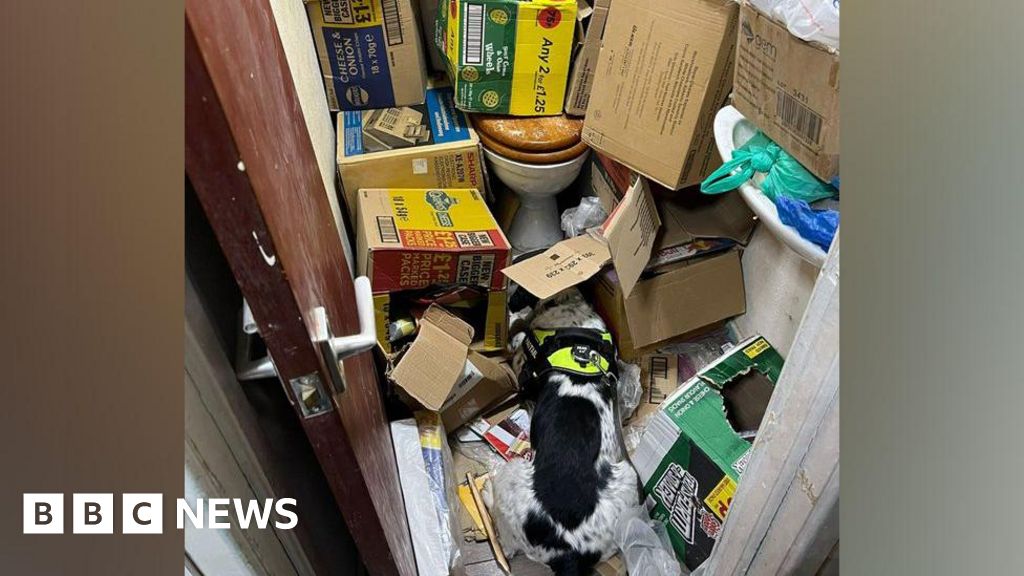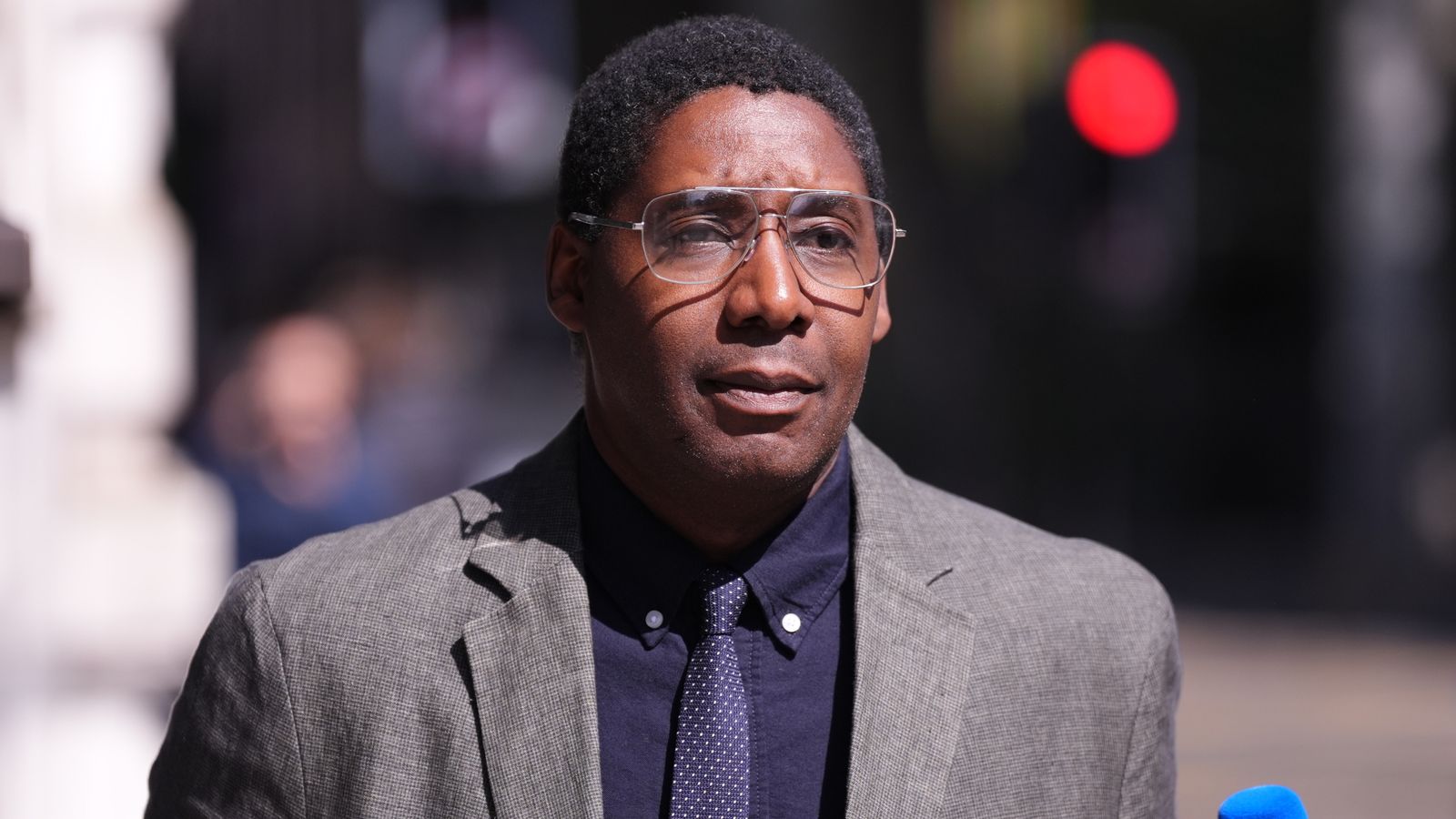NAFDAC Accused Of Forcefully Extorting Millions Of Naira From Onitsha Drug Market Traders As Civic Organisation Demands Refund | Sahara Reporters
NAFDAC has, however, replied to the allegations, claiming that its officials followed the due process and did not participate in extortion of traders.
The National Agency for Food and Drug Administration and Control (NAFDAC) has come under scrutiny for allegedly forcefully extorting millions of Naira from thousands of traders operating in the Onitsha Drug Market in Anambra State.
NAFDAC has, however, replied to the allegations, claiming that its officials followed the due process and did not participate in extortion of traders.
The International Society for Civil Liberties and Rule of Law (Intersociety), a civic organisation, demanded an immediate refund of the allegedly extorted funds with a 20% interest, and the resignation of NAFDAC’s top officials to allow for an independent investigation.
In a statement signed by its Board Chairman, Emeka Umeagbalasi, and other board members, on Friday, Intersociety condemned what it called “militarist, extortionist and collective punishment operations” by NAFDAC at the bustling southeastern market.
“The Agency’s DG, its South-East Director and other top officials involved must submit themselves to public accountability by stepping down for thorough and unbiased investigations into the Agency’s operational activities at Onitsha Drug Market,” Intersociety declared.
“The heart of the International Society for Civil Liberties and Rule of Law (Intersociety), Nigeria’s leading research and investigative rights, rule of law, democracy and security and safety advocacy group since 2008, is strongly calling on the National Agency for Food and Drug Administration and Control to unconditionally refund (the money) forcefully collected from (thousands of) paying-traders at the Onitsha Drug Market,” the statement read.
“Such a refund must be attached with 20% interest.”
The organisation claimed that thousands of traders had been coerced into paying exorbitant administrative charges by May 29, 2025, after being denied access to their businesses for over 90 days.
Intersociety characterised the situation as a “gross abuse of power” and a violation of the traders' rights.
The organisation added, “We also understand that (thousands of) affected traders have been forced to pay as of Thursday, May 29, 2025, according to sources linked to the Market.
“We are bold to say that no number of excuses or policy defense and sanctification can justify such imposition and forceful collection from traders that have been kept out of their legitimate businesses for more than 90 days.”
The organisation also reiterated its support for genuine drug traders while distancing itself from sellers of counterfeit or expired medications.
“It is also our insistence that we are steadily in solidarity with over 90% of the traders in the Market who are genuine drug traders including those trading on pharmaceutically produced and supplied products and lifesaving and body system supplement drugs.
“We are also in no way in support of those trading on expired, counterfeit, substandard and fake drugs or products,” the organisation noted.
Intersociety lamented that despite sending over 10 public interest petitions to relevant authorities, including Governor Charles Soludo of Anambra State, the Minister of Health, the Senate and House Committees on Health and NAFDAC, and others, only Senator Tony Nwoye and the Speaker of the Anambra State House of Assembly, Hon. Afam Ogene, acknowledged their concerns.
The group also condemned what it described as the misuse of the Cyberstalking Act, criticising NAFDAC for allegedly inciting security forces against social media activist Martins Vincent Otse (popularly known as “VeryDarkMan”), whom the agency accused of incitement and collusion with fake drug dealers.
“Strongly condemned is the indiscriminate resort by NAFDAC and other Government Agencies to the abrogated Cyberstalking Act of 2015, now used as instruments of State terror,” the organisation added, referencing 2024 amendments to the law that removed several controversial provisions.
Intersociety called for accountability and transparency, urging the resignation of Prof. Adeyeye, South-East Director Dr. Martins Iluyomade, and other top officials to facilitate a credible investigation.
The Onitsha Drug Market, one of West Africa’s largest pharmaceutical trading hubs, is home to approximately 14,000 individuals, including 7,000 business owners across 5,000 stalls and stores, with an additional 7,000 apprentices, vendors, and service workers.
However, NAFDAC has dismissed the allegations of extortion or arbitrary sanctions, clarifying that all investigative charges imposed on traders were federally gazetted and lawful.
Addressing the press in Lagos State on Friday, NAFDAC Director General, Prof Mojisola Adeyeye, said the agency acted strictly within the confines of Nigerian law during its high-profile enforcement operation across three major Open Drug Markets; Idumota (Lagos), Ariaria (Aba), and Bridge Head (Onitsha) between February 9 and March 27, 2025.
“Let it be made abundantly clear: every charge imposed was in line with federal regulations and duly gazetted by the government.
“There was no witch-hunt, no arbitrary enforcement. These were consequences of clear violations of public health laws,” Prof Adeyeye said.
The Agency reported the removal of over N1tn worth of dangerous drugs from circulation.
“We cannot allow a system where people peddle poisons in the name of medicine.
“Our actions were not only lawful, they were absolutely necessary to save lives,” she stressed.
“To regularise their operations, violators were issued investigative charges, including N5m for the sale of unregistered products (reduced to N200,000 after appeals), and N2 million for breach of Good Storage and Distribution Practices (reduced to N500,000).
“These fines were not invented by NAFDAC overnight. They are rooted in official policy. The reductions were granted in good faith after careful consideration of appeals. This is a system based on fairness and legality.”
She added that following the operation, the Ogbo Ogwu market in Onitsha was officially reopened on 9th March 2025, and over 2,500 traders with 3,500 shops who complied with NAFDAC’s conditions had resumed full activity.
“Let it be known: there is unconditional reopening for those who comply with our regulations.
“We are not shutting businesses down permanently, we are restructuring the system for safety and accountability,” she said.
The Ogbo Ogwu market, notoriously dubbed the epicentre of counterfeit pharmaceuticals in West Africa, had been under NAFDAC’s radar for years.
Adeyeye noted that the Agency could no longer “turn a blind eye” to the widespread circulation of lethal drugs, which have contributed to countless avoidable deaths.
“Fake antihypertensives, expired antibiotics, and illegal narcotics have no place in our healthcare system.
“We will continue to root them out market by market, warehouse by warehouse, until Nigeria is free of killer drugs.”
Adeyeye reaffirmed NAFDAC’s commitment to ensuring the safety, efficacy, and quality of all medical products used by Nigerians and pledged to sustain surveillance and enforcement across the country.
“This is about saving lives. We cannot afford to lose more pregnant women, children, or chronically ill patients to counterfeit medicine. This is our mandate, and we will not relent.”
As the controversy continues to unfold, calls for a thorough and impartial investigation are mounting, with many observers watching closely to see how both federal and state authorities respond to the growing unrest in Nigeria's pharmaceutical heartland.












